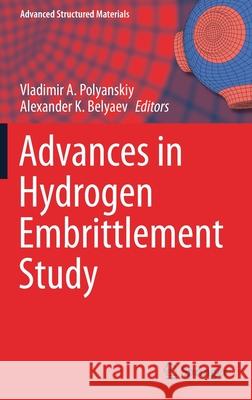Advances in Hydrogen Embrittlement Study » książka
topmenu
Advances in Hydrogen Embrittlement Study
ISBN-13: 9783030669478 / Angielski / Twarda / 2021 / 213 str.
Advances in Hydrogen Embrittlement Study
ISBN-13: 9783030669478 / Angielski / Twarda / 2021 / 213 str.
cena 644,07
(netto: 613,40 VAT: 5%)
Najniższa cena z 30 dni: 616,85
(netto: 613,40 VAT: 5%)
Najniższa cena z 30 dni: 616,85
Termin realizacji zamówienia:
ok. 16-18 dni roboczych.
ok. 16-18 dni roboczych.
Darmowa dostawa!
Kategorie:
Kategorie BISAC:
Wydawca:
Springer
Seria wydawnicza:
Język:
Angielski
ISBN-13:
9783030669478
Rok wydania:
2021
Wydanie:
2021
Numer serii:
000394261
Ilość stron:
213
Waga:
0.50 kg
Wymiary:
23.39 x 15.6 x 1.42
Oprawa:
Twarda
Wolumenów:
01
Dodatkowe informacje:
Wydanie ilustrowane











